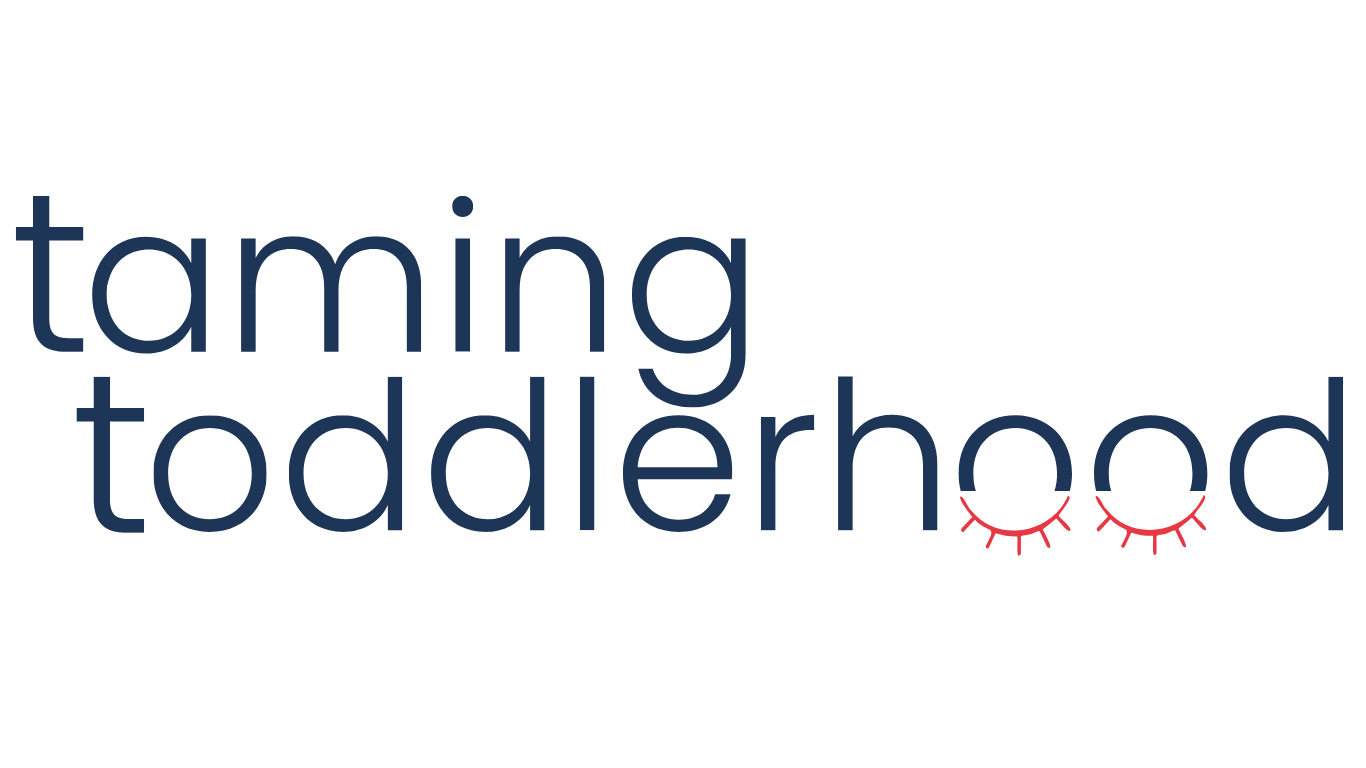
If you’ve ever searched “how much should my toddler sleep?” and ended up more confused, you’re not alone. Numbers vary wildly online, and your toddler rarely seems to read the same books!
Knowing realistic, research‑based ranges helps parents feel calmer. In gentle parenting, it’s not about forcing “more” sleep, but about understanding your toddler’s natural rhythm and working with it.
By toddlerhood, many children have settled into roughly how much sleep their body truly needs. But total sleep can still vary due to:
Growth and brain development
Even as toddlers, big cognitive leaps, teething, or illness can slightly increase sleep need for short periods (Spencer et al., 2020). But these changes are usually temporary.
Temperament & daily activity
Busy, active toddlers may keep roughly the same total sleep, but when it happens can shift. Highly sensitive toddlers might need quieter afternoons to protect nap time, while more energetic ones might need help winding down.
Here’s a general guide:
Age | Total sleep in 24h | Typical overnight | Nap(s) |
12–18 months | 12–14 hours | ~10–11 hours | 1–2 naps (up to 2 hours) |
18–24 months | 11–13 hours | ~10–11 hours | Usually 1 nap (up to 1.5 hours) |
2–3 years | 11–13 hours | ~10–11 hours | Often 1 nap, starting to drop it. |
3–4 years | 10–13 hours | ~10–11 hours | Some will continue to nap, most will drop it |
It’s common for toddlers to do around 10–11 hours overnight while still napping. That’s not “bad” sleep, it’s normal for this age.

Book your FREE action plan call to chat through your sleep challenges, get a plan of action and start your journey to getting better sleep.
By the time your child reaches toddlerhood, their total daily sleep need is mostly set by biology, shaped by temperament and age. While short‑term changes like illness or growth spurts can temporarily increase sleep needs, most toddlers naturally get about the same number of hours each day over the long term. This means trying to force an earlier bedtime hoping for extra morning sleep, or insisting on longer naps, usually backfires, often leading to earlier wake‑ups or bedtime battles instead. Instead of chasing extra hours, it’s more realistic (and much gentler) to focus on redistributing sleep; adjusting nap timing, shifting bedtime slightly, or streamlining routines, so the sleep your toddler already needs happens at times that work better for your family.
So since toddlers’ total sleep need is fairly fixed, the key is redistributing sleep so it fits your family life and your child’s rhythm:
Consider seeking advice if:
Often, yes especially if they still nap 1–2 hours. Many healthy toddlers do ~10–11 hours overnight with a nap.
Sometimes bedtime is too late (they’re overtired) or too early (they’re genuinely not sleepy yet). Try adjusting bedtime slightly earlier or later by 15 minutes for a few days to see what helps.
They can temporarily, but your toddler’s total sleep need likely won’t change dramatically. You might just notice longer naps or earlier wake‑ups for a few days.
